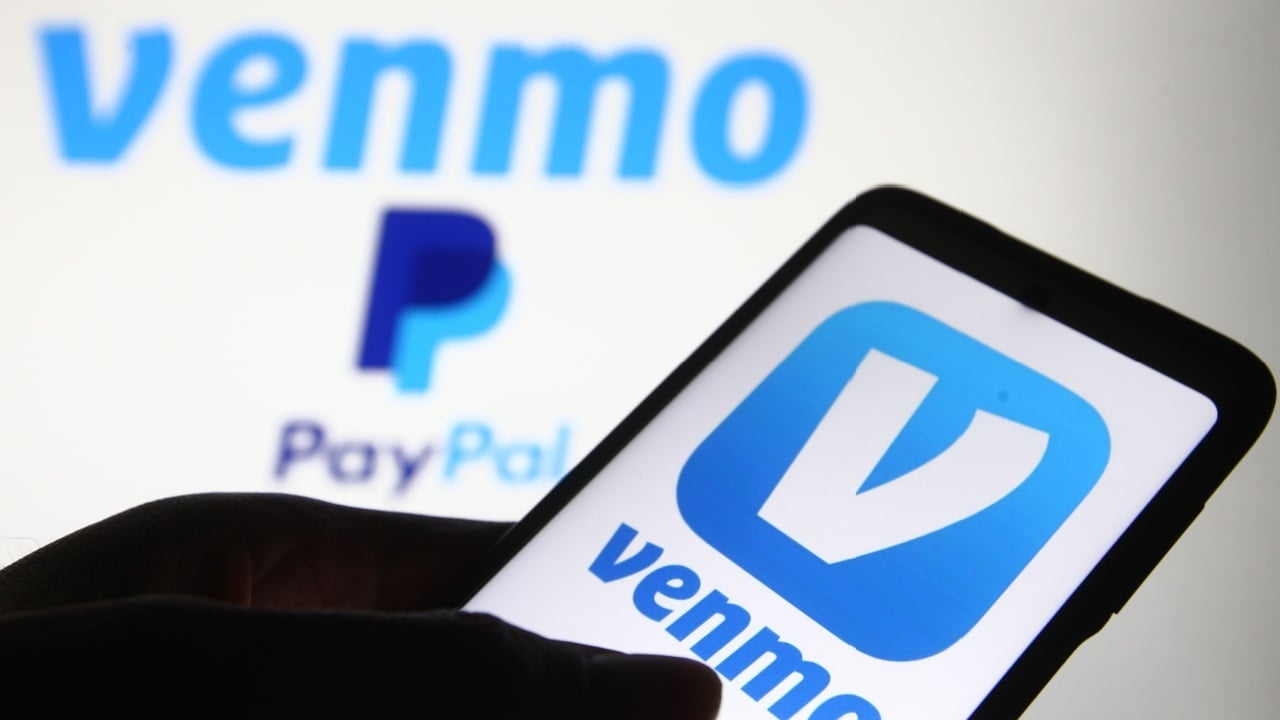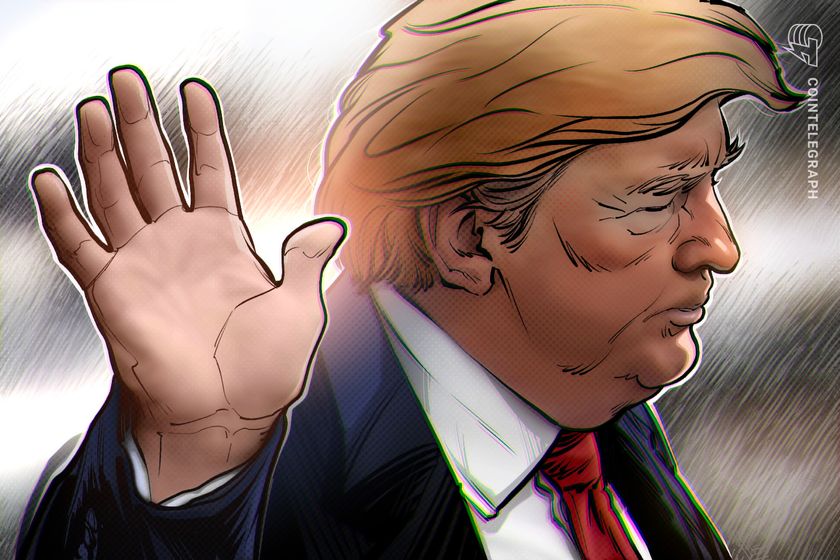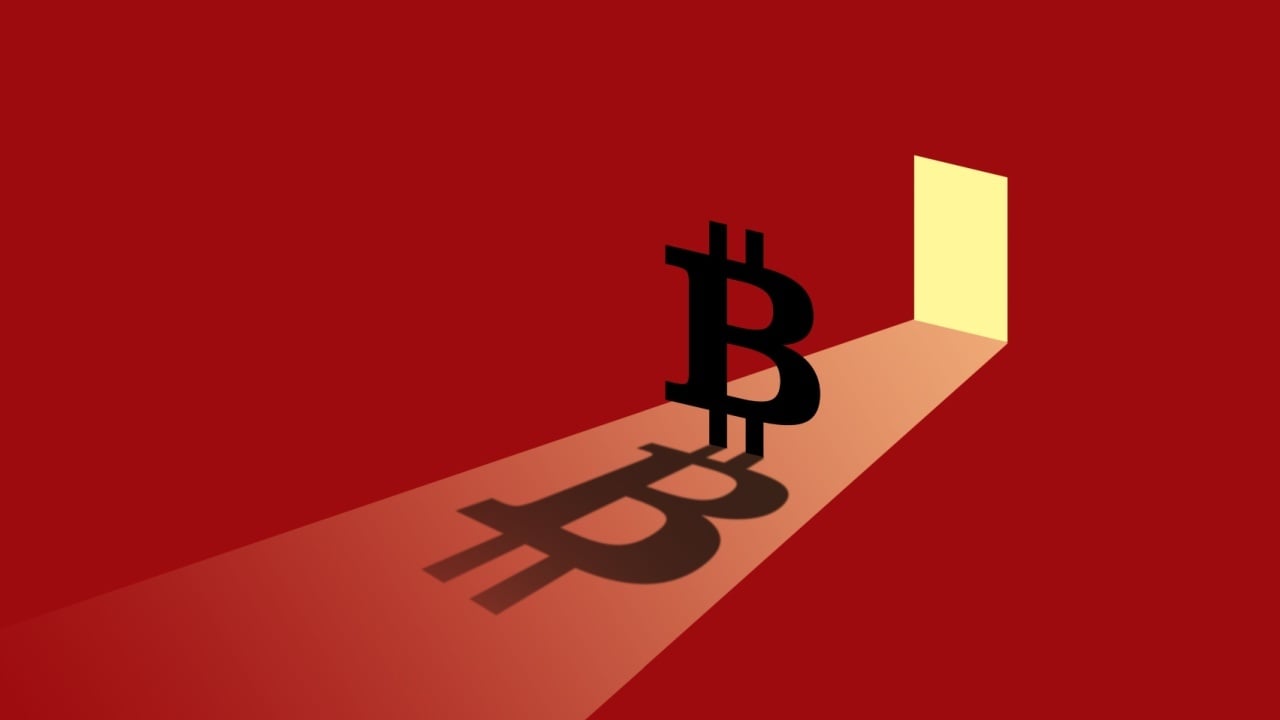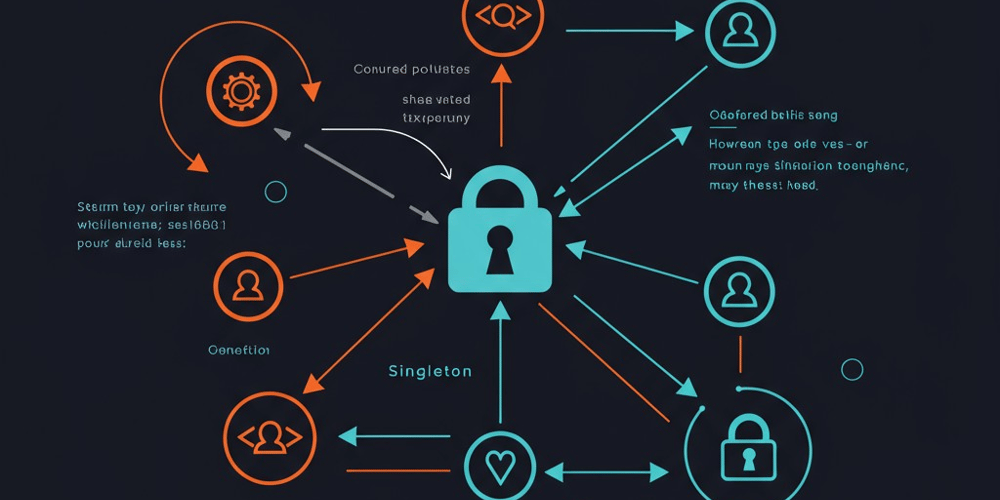Money and Time (Bite-size Article)
Introduction Suppose you were given one million dollars. Would you choose to receive it at the age of 20 or at the age of 80? Many people might choose to receive it at 20. This is because having money at a young age allows you to invest in experiences and skills, and engage in long-term asset management—thereby expanding the range of possibilities available to you. On the other hand, considering that expenses such as healthcare tend to increase with age in order to maintain quality of life, some might argue that receiving money at an older age is more necessary. In other words, the value of money depends on when you have it and your individual circumstances. So, should we be saving money, or should we spend it now? And which should take priority: time or money? 1. The Longer You Have to Use Money, the More Valuable It Is The value of money is determined by what you can do with it. For example, if you were to receive $10,000 in your 20s, you would have various possibilities, such as: Traveling the world while you're healthy Experiencing long-term travel at a young age can enhance cultural understanding and personal growth, potentially having a profound impact on the rest of your life. Learning new skills, gaining experience, and expanding your career Learning new things and gaining experience for career growth can become more difficult as you get older. That’s why it’s important to take on challenges while you’re still young, energetic, and full of potential. Building connections and increasing future opportunities Your younger years are the perfect time to meet diverse people and build networks that could become valuable assets for your future business and life. On the other hand, if you were to receive one million dollars at the age of 80, declining physical strength and a reduced desire for new challenges may make it difficult to fully utilize that money. In other words, money holds greater value when you have more time to use it—which is why it is most valuable when you're young. 2. Over Time, the Value of Time Increases While the Value of Money Decreases
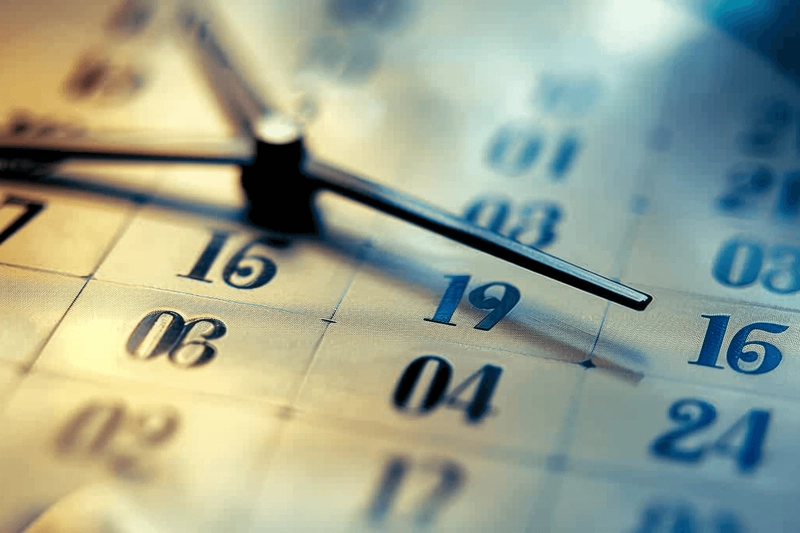
Introduction
Suppose you were given one million dollars. Would you choose to receive it at the age of 20 or at the age of 80?
Many people might choose to receive it at 20. This is because having money at a young age allows you to invest in experiences and skills, and engage in long-term asset management—thereby expanding the range of possibilities available to you.
On the other hand, considering that expenses such as healthcare tend to increase with age in order to maintain quality of life, some might argue that receiving money at an older age is more necessary.
In other words, the value of money depends on when you have it and your individual circumstances.
So, should we be saving money, or should we spend it now?
And which should take priority: time or money?
1. The Longer You Have to Use Money, the More Valuable It Is
The value of money is determined by what you can do with it. For example, if you were to receive $10,000 in your 20s, you would have various possibilities, such as:
Traveling the world while you're healthy
Experiencing long-term travel at a young age can enhance cultural understanding and personal growth, potentially having a profound impact on the rest of your life.Learning new skills, gaining experience, and expanding your career
Learning new things and gaining experience for career growth can become more difficult as you get older. That’s why it’s important to take on challenges while you’re still young, energetic, and full of potential.Building connections and increasing future opportunities
Your younger years are the perfect time to meet diverse people and build networks that could become valuable assets for your future business and life.
On the other hand, if you were to receive one million dollars at the age of 80, declining physical strength and a reduced desire for new challenges may make it difficult to fully utilize that money.
In other words, money holds greater value when you have more time to use it—which is why it is most valuable when you're young.









































































































































































![[The AI Show Episode 142]: ChatGPT’s New Image Generator, Studio Ghibli Craze and Backlash, Gemini 2.5, OpenAI Academy, 4o Updates, Vibe Marketing & xAI Acquires X](https://www.marketingaiinstitute.com/hubfs/ep%20142%20cover.png)














































































































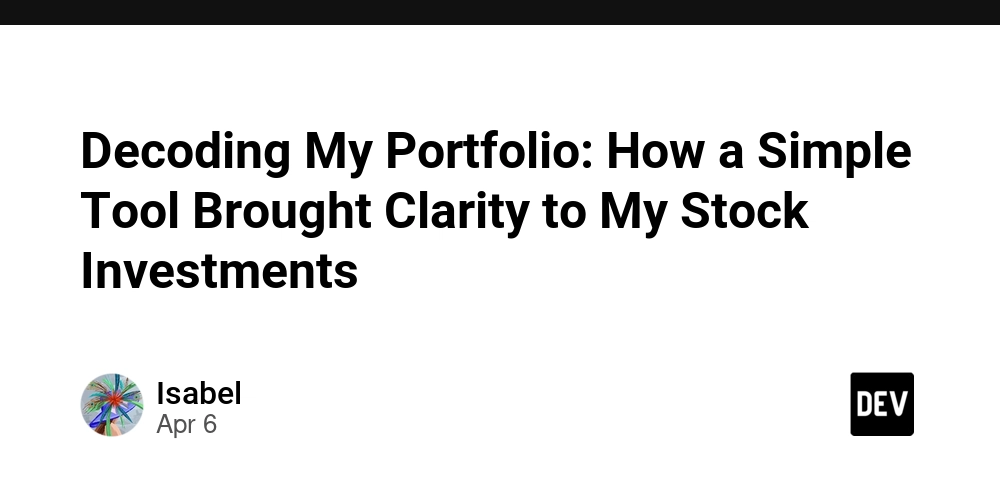
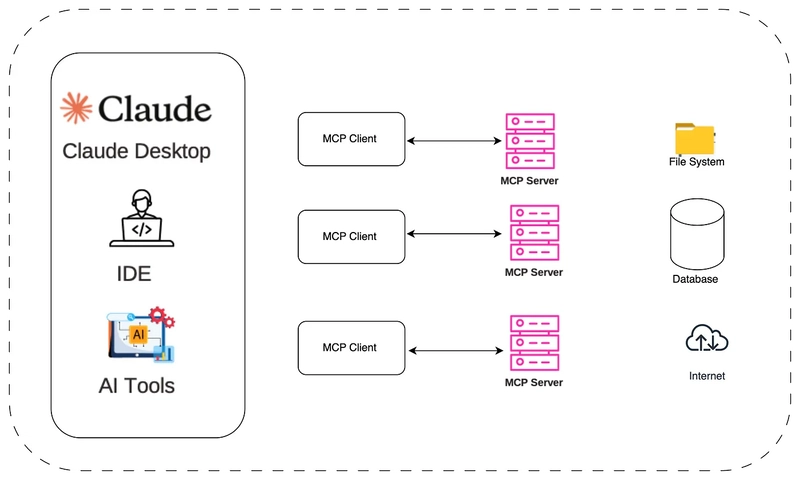










![[FREE EBOOKS] The Kubernetes Bible, The Ultimate Linux Shell Scripting Guide & Four More Best Selling Titles](https://www.javacodegeeks.com/wp-content/uploads/2012/12/jcg-logo.jpg)



![From drop-out to software architect with Jason Lengstorf [Podcast #167]](https://cdn.hashnode.com/res/hashnode/image/upload/v1743796461357/f3d19cd7-e6f5-4d7c-8bfc-eb974bc8da68.png?#)



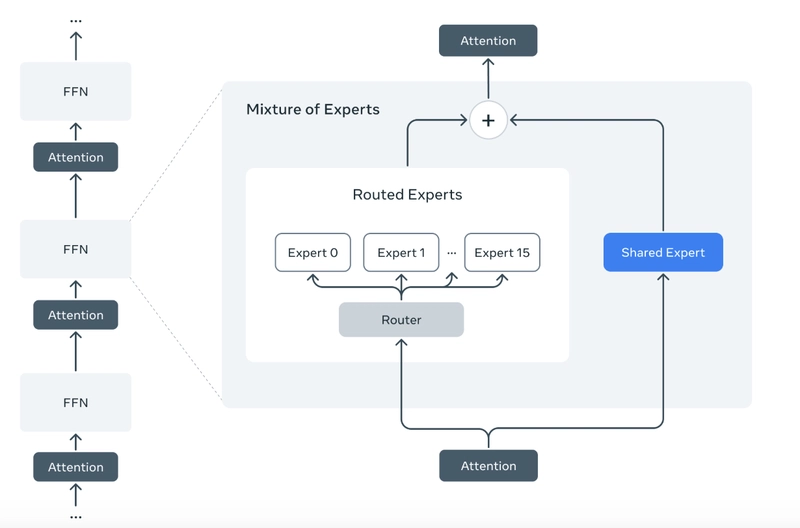



































































































.png?#)




.jpg?#)


















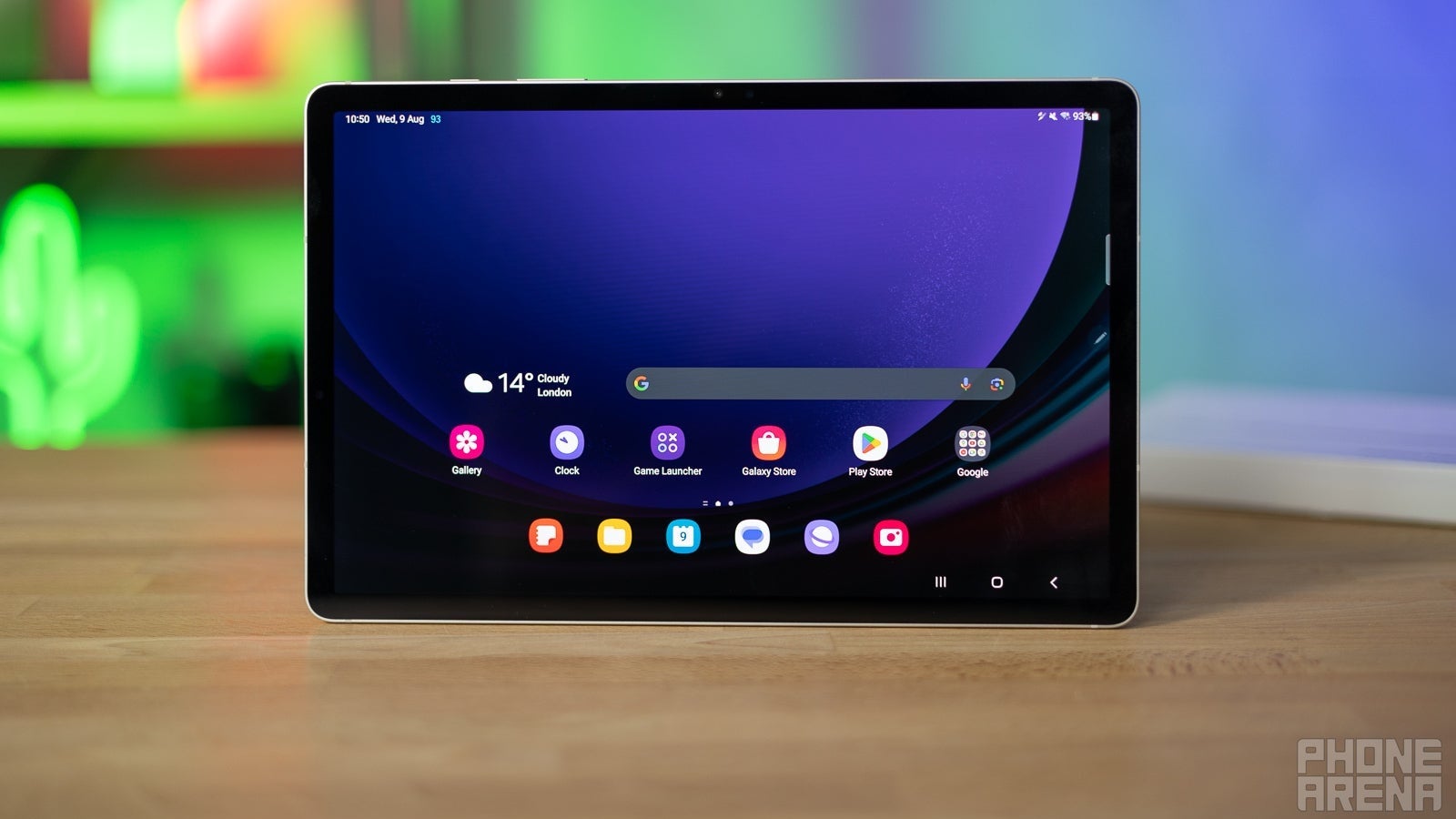
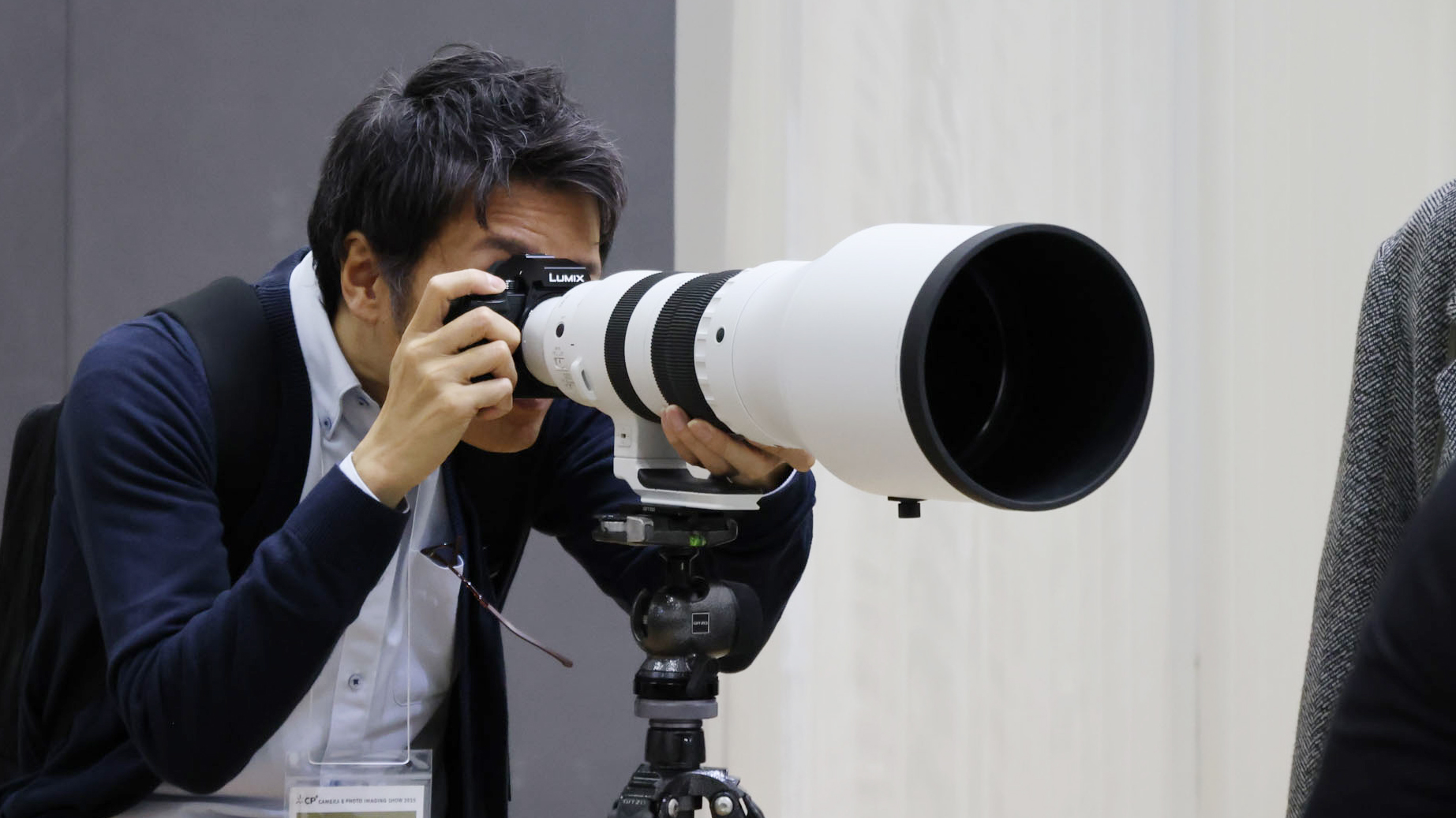












_Christophe_Coat_Alamy.jpg?#)
 (1).webp?#)








































































































![Rapidus in Talks With Apple as It Accelerates Toward 2nm Chip Production [Report]](https://www.iclarified.com/images/news/96937/96937/96937-640.jpg)






































































































